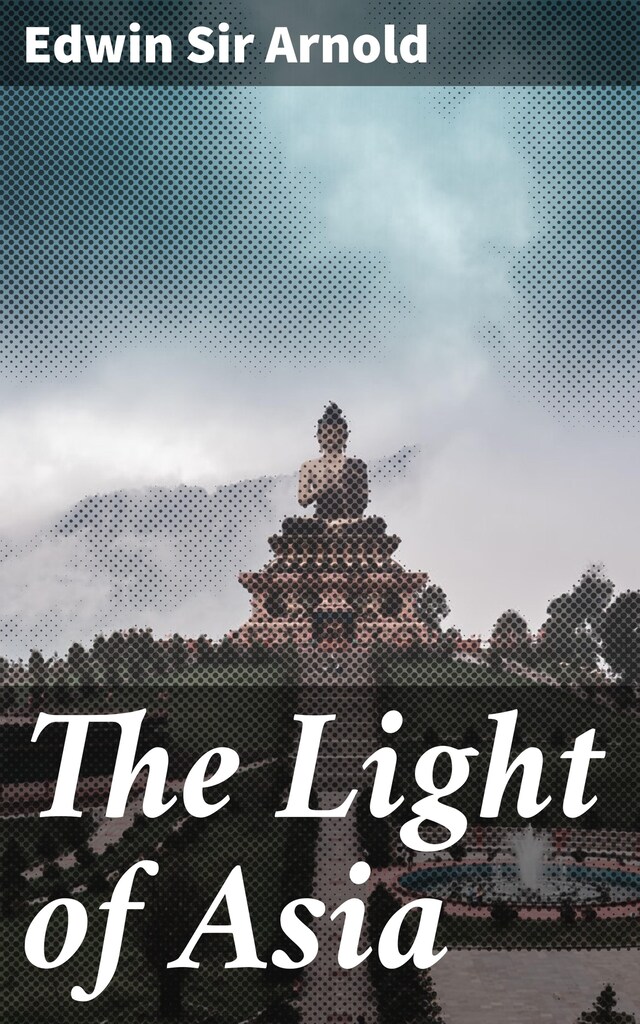The Light of Asia
A Poetic Journey Through Buddhist Wisdom and Enlightenment
Description of book
In "The Light of Asia," Edwin Arnold presents a poetic exploration of the life and teachings of Siddhartha Gautama, the historical Buddha. Written in a lyrical and evocative style, Arnold employs vivid imagery and rich metaphor to illuminate the path of enlightenment and the spiritual quest inherent in Buddhist philosophy. The text, crafted during the late 19th century, reflects the era'Äôs growing Western interest in Eastern spirituality, positioning the work as a bridge between cultures and a precursor to modern Western Zen and mindfulness movements. Arnold's thoughtful representation captures the essence of Buddhist thought while inviting readers into a narrative that is both meditative and profoundly philosophical. Edwin Arnold was a prominent British poet and journalist with a keen interest in Indian culture and spirituality. His travels to India and deep engagement with its spiritual traditions profoundly influenced his writing, particularly the themes of compassion, ethical living, and self-realization that pervade "The Light of Asia." Arnold sought to dispel misconceptions about Buddhism while making its profound insights accessible to a Western audience, thus demonstrating his commitment to cross-cultural understanding and dialogue. This seminal work is highly recommended for readers seeking to deepen their understanding of Buddhist philosophy and its relevance to contemporary life. "The Light of Asia" serves not only as an introduction to the spiritual tenets of Buddhism but also as an aesthetic experience that resonates with those on their own journeys toward enlightenment, making it a must-read for both scholars and seekers alike.
 Edwin Arnold
Edwin Arnold 118 Pages
118 PagesThe book The Light of Asia and over 1 million other books
from €7.99/month
Fill your life with stories
